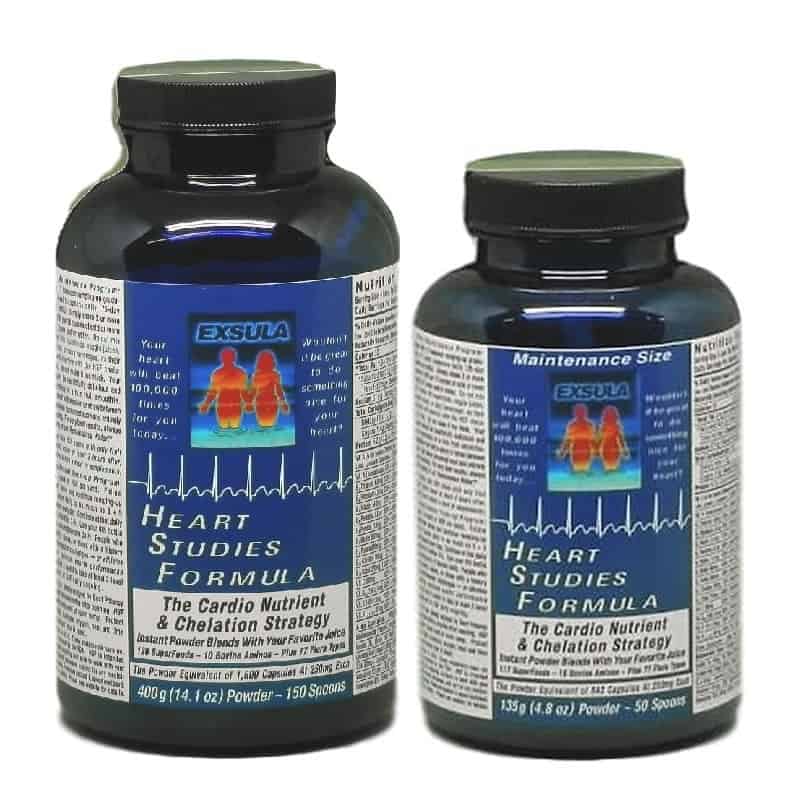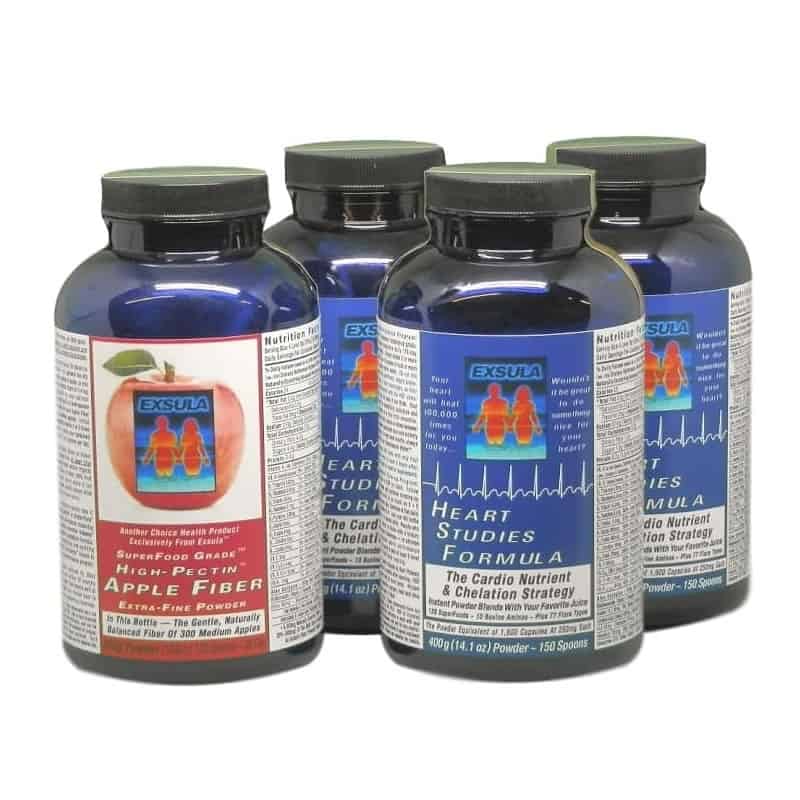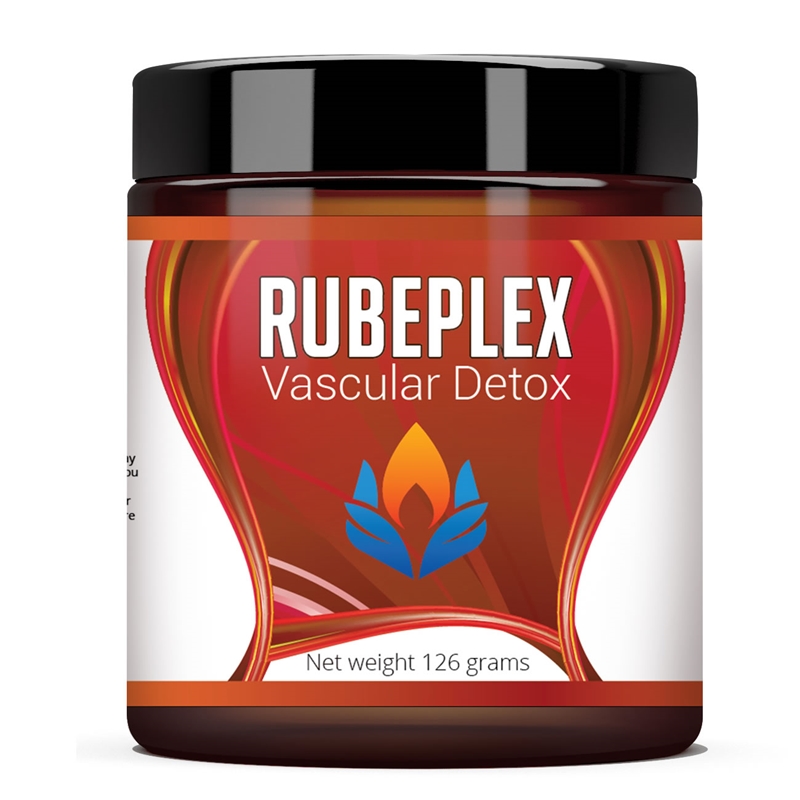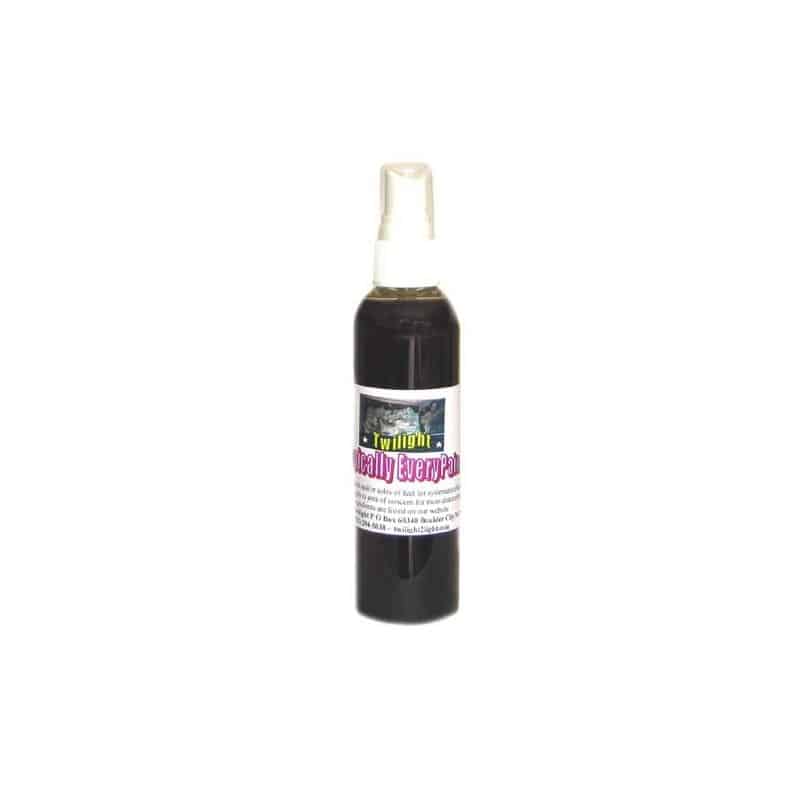No products in the cart.
Podcast: Play in new window | Download
Subscribe: Apple Podcasts | Google Podcasts | Amazon Music | Email | RSS
Podcast 204: High Blood Pressure Relief
Martin Pytela and Scott Paton make it a point every week to sit down and discuss alternative health issues that Martin has encountered with his clients, while on the road or attending seminars. Martin, if you do not already know, is the owner and founder of Life Enthusiast, a fantastic alternative health company dedicating to restoring vitality to you and the planet.
Today, Martin got up to a very quiet computer room, to see that it’s dead with a burnt-out hard drive. Martin sees this as an inconvenience, while his wife declares this is a major disaster. This leads Martin and Scott into a discussion about high blood pressure, the heart and circulation.
What they discuss is that any body is striving for maximum health at all times. It literally works continually to do all it can to cleanse, heal and maintain itself. In order for this to happen at the highest possible level, it requires nutrients, vitamins, minerals and enzymes.
Dietary supplementation has become quite popular, and for good reason: more and more research is showing just how integral proper dietary supplementation is. The more in tune with the way foods grow naturally on this planet, the better the result. That is why Life Enthusiast is so dedicated to all-natural supplements.
Podcast 204: High Blood Pressure Relief
SCOTT: Welcome back, everybody! This is the Life Enthusiast Podcast, restoring vitality to you and to the planet! This is a very special episode about one of the major problems that most people come into contact with if they live the Western lifestyle. I am your co-host Scott Paton, and joining us, as usual, is the founder of the Life Enthusiast, Martin Pytela. Hey Martin, how are you doing today?
MARTIN: I am having a really special day because today I got up to a very quiet computer. And when I looked at it, I saw it was dead. And now I found it is not just dead, but it actually burned out to the hard disk on its way down. So I just woke up to the situation where I am thinking: “Okay, it was an old computer, no big deal, I will just go buy a new one.” Well actually, it is not just that, we can’t bring it back, the hard disk is gone, whatever was on that hard disk is now gone, my backup is a bit old, so it is not up to date. A whole bunch of information that I would like to have had I don’t have now. So I declared it an inconvenience, whereas my wife was saying: “This is a major disaster!” And she started just sort of going purple in the face, trying to tell me how terrible it was.
SCOTT: So her blood pressure was definitely elevated!
MARTIN: Oh yeah, definitely! You know that look that people get with sort of red cheeks, it is a look that you would have if you were just working out, except you are sitting down in this case.
SCOTT: Right! Well, I had my own little blood pressure raising day today, because we had a snowstorm, and a friend of mine called me up, confirmed that we were going to get together for lunch, we made the arrangement a week before, and I am thinking: “It is not that bad.” So, of course, I would go, the traffic is at a crawl, and I am listening to the radio and they say: “Don’t go down this street because there are three cars in the ditch, don’t go down that street, because there’s a fender bender, and don’t go down here because of this and that. So I get safe and sound to where I am going, I actually got there a couple of minutes early, which was great, because I thought I would be 10 minutes late, we had a great lunch, we reconnected, it was great. And my friend has got like what you can politely call a summer car. It is not one that is made for anything that looks like snow. And he couldn’t get out of where he parked on the parking lot, so I got there, and I pushed him out. I hadn’t done that since I was living on the prairie, where we had -40°F winters, instead of the rainy ones I am used to now. That brought back memories!
And the only way I could get out of this place was to go down this small, short street, and then up the hill. So I got to my car, went up the hill, and of course, there are three inches of snow on the street, and I got right to the top, four feet away from where you are supposed to stop at the stop sign, and I got stuck. I couldn’t go, there was no way I could go up any further. So I went back down and went out the entrance. When I came home, I was just thinking I would have been way better off just to say: “Not today, I can barely see across the street, it is snowing so hard, we can reschedule, I haven’t seen you in eight months, I think a couple of weeks won’t matter.”
MARTIN: So do you reckon that you were feeling the blood pressure going up?
SCOTT: Oh, when I was going up the hill, and I couldn’t move, and my wheels were going like crazy, it was a real frustration, and I could see the frustration in all the drivers, they had to go way slower than they wanted to, there was fear, so I think that was a major elevation of the blood pressure for the whole city.
MARTIN: That is definitely that, stress will do that. But that is just how it is supposed to be. Our body is built for stress, but it is the ‘hunter’ kind of stress, you know, being chased by the tiger kind of stress. You are not supposed to be experiencing stress sitting down. You are supposed to be experiencing it in full gallop.
SCOTT: Yeah, right, charging either towards the enemy or away from them.
MARTIN: Yeah, exactly. Sitting down and pumping your feet is not a sufficient level of activity to work off the adrenaline that is coursing through your bloodstream.
SCOTT: Right, and that causes problems for people, doesn’t it?
MARTIN: Yes, it does.
SCOTT: We are not talking about something that just happens once a year, or once every few months, or even once a month, this is something that is happening on numerous occasions throughout the day in the average person’s life. Whether we have co-workers that kind of bug usa bit or our boss comes on to us, or we have customers that are complaining, or someone cuts us off, or they are out of stock of our favorite yogurt, it just goes on and on and on, all these things are happening on an ongoing basis, and we are not relieving any of that stress.
MARTIN: Right. We can compare this to a cat. Let’s say that the cat has to hunt for food, so he will find some bird somewhere out there, he will get it, he will eat it, and then he will go take a nap, and he will be as flaccid as a dishrag. Totally relaxed, for hours. The exact opposite of what you described. Here is what happens in a body: when you engage the stress response, the fight or flight, with the adrenaline and all of the hormones that come along with it, right then and there it actually shuts down the repair side of your immune system. All resources are dedicated to the processing of the stress, and dealing with the mechanical issues, like preparing you to have to run at full speed, or climb a tree, or be in a fistfight, whatever it is that you need at that moment. The repairs in the body only happen when you shut down this fight or flight response when you go into the rest and digest. We talked about magnesium being the mineral that engages this side of the autonomic nervous system. There is your first clue, if you don’t have enough magnesium, you will have a difficult time coming off of this stress side of things.
SCOTT: So let me see if I understand what you just said because I felt a little bit lost for a second. So I am totally stressed, and I think: “Okay, I am going to sit down and meditate.” So I sit down, close my eyes, and the next thing you know, I am up on my feet, I am running around doing stuff because it is very difficult for me to be in a relaxed state when I am deficient in magnesium.
MARTIN: Right! Try as you may, the food that your body needs in order to actually activate the rest and digest mechanism is lacking.
SCOTT: Magnesium is a major part of that whole functioning aspect of my body, and we know that most people are really deficient in magnesium.
MARTIN: Yes, 60% of the population is clinically deficient.
SCOTT: We can also see that when we are on the street like I was today, we can see a bit of road rage going on, those are obviously people that are not relaxed, and probably very deficient in magnesium.
MARTIN: Yes. The road rage itself is a classic expression of an imbalance between calcium and magnesium, just getting too far off on the stress side. That is one part of it. The second part of this is what actually happens in the circulatory system. Your body is producing hormones that cause injuries to the inside of your circulatory system. Your tiny little heart, the size of your fist, beats about 70 times a minute, pumping about a thousand gallons of blood through about 70,000 miles of piping, every day. When you visualize a thousand gallons, that is a gigantic amount. When there are these fight or flight hormones in there, they are actually preventing repairs. They don’t care if something rips, they don’t mind, because they need to save you from what your brain thinks is a real danger, a little rip or little burst of something is not a problem at the moment of stress, we have a big problem chasing us down, 20 feet behind us, or at least that is what our brain thinks. It doesn’t have to be a sabertooth tiger, it can be a tight deadline at work. To our brain, stress is stress, no matter what the source is.
Only when this shuts down, we can go into the repair mode, and the hormones switch. So the piping gets damaged, but it doesn’t get repaired. This is inflammation. When you have inflammation on the inside of your circulatory system, you only get to make the quick repairs, and the quick repairs are done through cholesterol. A lot of the HDL, the high-density lipid, gets to the area of damage, it sits there and tries to repair it. And we have to have a good balance of HDL and LDL (low-density lipid), if you have the wrong ratio of things, the repair will not take place correctly. The cholesterol present in the arteries is not a problem, it is there to fix things.
SCOTT: Right, and this then causes all kinds of problems. But we are taught to deal with the symptom of the problem, not the cause of the problem.
MARTIN: Let’s define what will cause high blood pressure. You will have either hardening of the arteries or clogging of the arteries. The hardening is caused by calcification, aging. When you spend many years abusing your body like this, over time these vessels will become stiffer and stiffer. In order to get the red blood cell with its nutrients all the way to the end of the capillary, you actually need to put more back-end pressure on the blood in order to get them to the far end. Sort of like what you did today, you had to put your foot on the gas hard to get on that snowy hill, because there were a lot of obstacles in the way to get to the top.
SCOTT: Yeah, I was flooring it and going very, very slow.
MARTIN: Right. In a bloodstream that is calcified, that has had a lot of this hardening of the arteries, you will be pushing the blood harder, but it will not be moving all that well. That is one cause of high blood pressure. The reversal of that would have to be softening of the hardened arteries, removing the calcification that caused the stiffening, and removing the fibrin that the body used to make the repairs. Now, the second one is the clogging of the arteries. The clogging is done with too much cholesterol. If too many repairs are needing to be done, and we never have enough repair time to do it, if the downtime doesn’t take place, if you don’t get enough sleep, enough rest, if you are constantly stressed, you will have rising levels of cholesterol in the arteries, because you don’t have time to rebuild the tissue properly, so the body will use the scar tissue to repair it, instead of the native tissue that it is normally built from.
SCOTT: So we need to have more rest, we need to have magnesium, and we need to have some way of releasing the stress that we are building up in our bodies.
MARTIN: That is correct. Or else we will be experiencing the hardening of the arteries, and clogging of the arteries, both of which will be causing rising blood pressure. The third direct cause would be a mineral imbalance in the body. That usually has something to do with the kidneys, because the kidneys are the organ that looks after the maintenance of the electrolytes in the blood. If your electrolytes are off, your blood pressure is either too high or too low. One of the standard tools that doctors use is a diuretic to lower your blood pressure by lowering the volume of your blood. If you ask me what I think of that, I would say that is not very good thinking.
SCOTT: Kind of like taking the air out of your tires and wondering why your mileage goes down.
MARTIN: Well, I certainly am of the opinion that it killed my father prematurely, his complaint was high blood pressure, he went to the doctor who prescribed diuretics, so my father died of a stroke because his blood ended up being too thick. So they saved him from high blood pressure and killed him with that.
SCOTT: So let’s just talk a little bit about that. According to the American heart association, here are some of the side effects of prescription blood pressure, lowering medications: impotence, gout, muscle weakness, leg cramps, fatigue, tiredness, lightheadedness, dizziness, fainting, increased blood sugar levels, cold hands and feet, depression, slow heartbeat, racing heartbeat, asthma, skin rash, loss of taste, chronic dry hacking cough, non-chronic occasional dry hacking cough, kidney damage, swollen ankles, fluid retention, constipation, dry mouth, fever, stuffy nose, diarrhea. Oh, it does have diarrhea too, so you would be constipated, or you are going to have diarrhea, great!
MARTIN: Well, they are messing around with the basic regulatory systems of your body. Some of those symptoms that you were listing had to do with your thyroid not being able to keep up with things, another one is linked to the kidneys not being able to keep up with things. It is sort of like trying to fix your slightly damaged car body with a hammer. There’s no way you could get yourself to a restoration of optimal function by using poisons that have side effects of destroying something else. Whenever you put yourself in the hands of allopathic medicine, you have started on a slope that has only one destination – a premature decline in function, and a whole bunch of years in a warehouse for old people. And if you are lucky, you are going to get something that is going to kill you quickly.
SCOTT: So that is kind of the general medical system path: Going to the hospital, they stick a bunch of stuff in you, it gets worse and worse and worse because nothing seems to ever get cured. And actually, there are over 50 million people in the United States with high blood pressure, only 27% of those patients have their condition successfully under control, according to this particular study, so if you are having side effects and the drugs really aren’t working all that well, isn’t that great? You are not getting any of the benefits, and you are getting all of the sufferings. This isn’t something that is just a problem for the odd person, this is a major problem. Increased blood sugar levels? To me, that sounds like you are getting ready for diabetes. So we know what the problem is. What do we do? What are some alternative things that we could do?
MARTIN: Well, let me give you an example of my good friend, he is one of my best subjects, I have a lot of conversations with him, a lot of feedback. He was getting high blood pressure, so he is now taking magnesium and some systemic enzymes, he is taking Zymitol. He used to be not able to do much, he is a guy my age, which currently is 58, and he is playing hockey in the winter, and soccer in the summer, in what you would call the master’s league, except he’s playing with guys that are 30 and 35.
SCOTT: Wow!
MARTIN: He’s one of the most able-bodied, there! The point is that we were able to manage all of his issues without the destruction. Diuretics would be killing his kidneys, they could possibly cause a stroke. So if he were heading into the stroke territory, he would have had to have prescribed blood thinners. When you put that in the body, the side effect is that you are wrecking your liver. So you are always on this merry-go-round that is making one part worse while sort of fiddling with the other. We have just supplemented him with magnesium, so he is now relaxing very well, and we have supplemented him with fibrinolytic enzyme, which has completely reversed the thickening of the blood and the clotting. It has also reversed the scarring and the hardening of the arteries. How good is that?
SCOTT: It sounds ideal.
MARTIN: Yeah, it sounds good! Anyway, I think the only thing we haven’t mentioned is two other nutrients that are worth discussing. One of them is called water. You need to have decent water, good quality water. Some people might say: “H2O is H2O, don’t bother me with your new age mumbo jumbo.” But the fact is that there is a difference. There is a difference in the cluster size. Smaller clusters will penetrate the cells better, and they are more hydrating. This water will be more readily able to carry out the metabolic transactions in the body. Lower surface tension water will dissolve things more efficiently, and lower acidity water will support oxygenation of the body. But you don’t have to spend $6,000 on gadgets. Of course, you can spend a couple of thousand dollars on a water ionizer, if you are insisting on not changing your lifestyle. If you insist that you need to continue living an acidic lifestyle, then you have to drink the alkaline water just to stay even.
SCOTT: Talk for a second about the pH, please. The average diet of a bunch of McDonald’s burgers, french fries, potato chips, and Coca-Cola, that creates a very acidic body, right?
MARTIN: Yes. The worst culprits in acidification of the human are called ‘interstitial fluids,’ or ‘extracellular fluids,’ like lymph. All the fluids in the body other than blood. Your body will defend the pH of the blood at the expense of everything else. The worst culprits are stress, lack of sleep, high glycemic index foods, sugar, alcohol, and starch. The big issue is acidification. Another problem is coagulated protein, which would be cooked meat. The more cooked it is, the fewer benefits it has. Should everyone eat meat? A really important component here is biological individuality. About half the people are acidified by meats, proteins, and fats. The other half is acidified by fruits and carbs. There is a class of people that should be vegetarians, and there is a class of people that should be carnivores. But if you eat against your metabolic type, you can actually cause yourself a significant amount of damage.
SCOTT: It is important that we know which metabolic type we are, because what helps one body type can hurt the other.
MARTIN: Oh yeah, you could make yourself completely miserable following the dietary advice of somebody who tells you that you need to be a vegetarian, and you need to eat lots and lots of fruits, and blah, blah, blah, you know? It could be totally wrong for you!
SCOTT: So Martin, if somebody wanted to know more about relieving high blood pressure, or finding out their individual metabolic type, what should they do?
MARTIN: Visit our website, www.life-enthusiast.com! We have a bunch of wonderful articles that explain a lot. We have a podcast, a blog, and a store full of high-quality supplements. If you want to talk to me directly, call me at (866) 543 3388. I am always happy to help.
SCOTT: Cool! You have been listening to the Life Enthusiast Podcast, restoring vitality to you and to the planet. Thanks for joining us, everybody, we will see you next week!
Note: the information provided are not intended to be a substitute for professional medical advice, diagnosis, or treatment. Always consult with your medical professional(s) if you are dealing with a specific medical issue.








